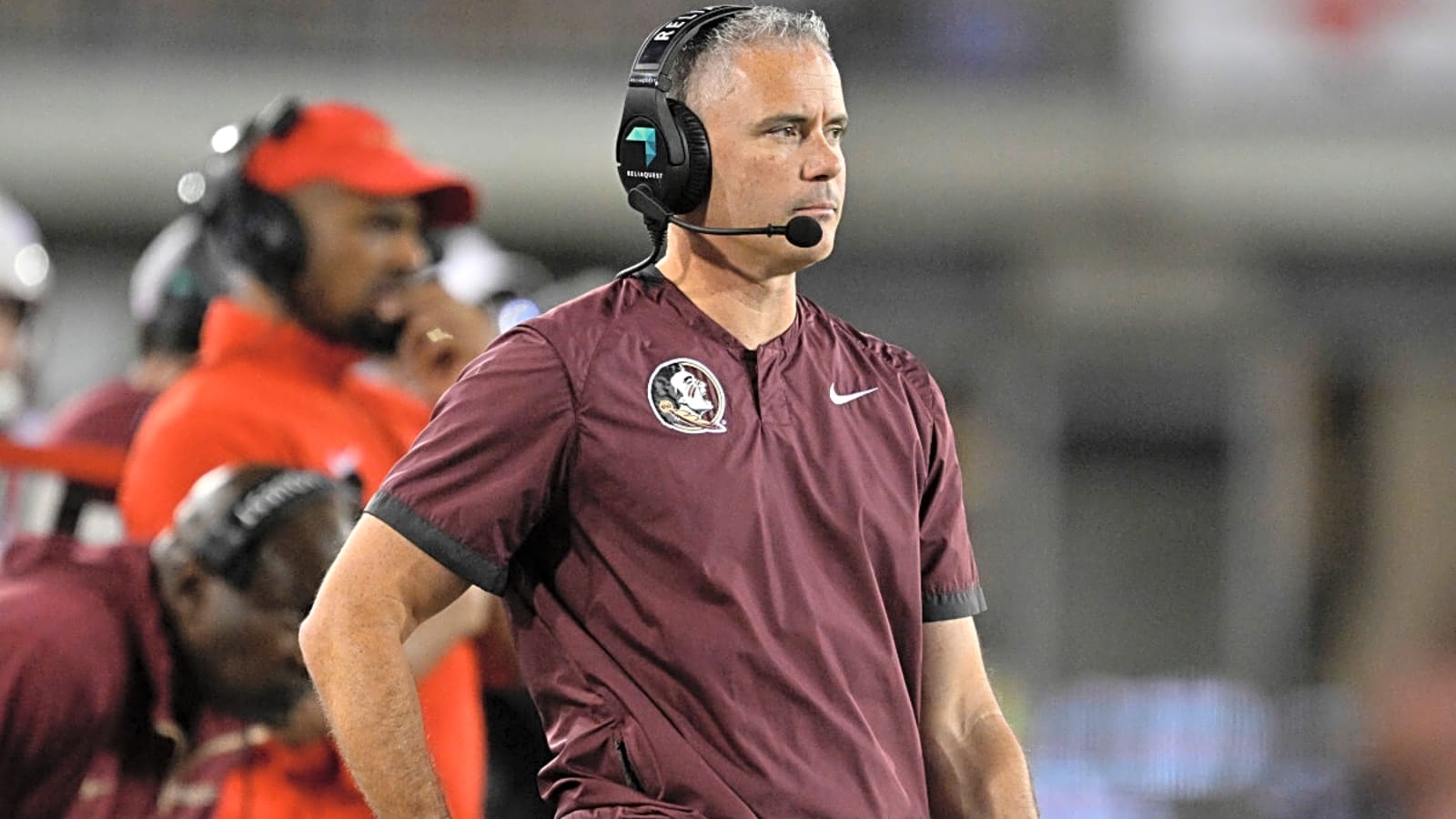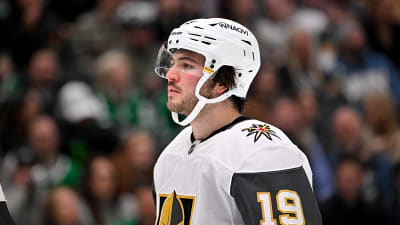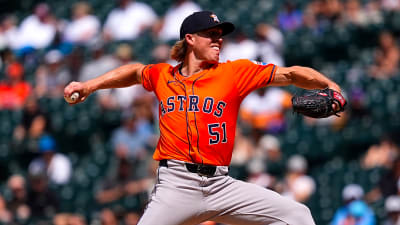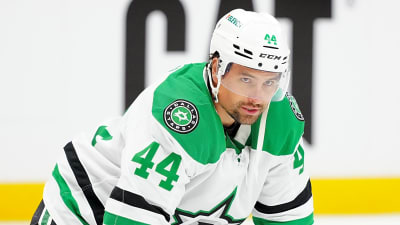
The most dangerous contract isn’t the one you read. It’s the one you’re told to trust.
Over the past week, leaked details from Florida State’s proposed revenue-sharing agreements have raised eyebrows and alarms. Legal clauses that allow the university to unilaterally extend a player’s contract, renegotiate deals after injury, and impose multi-thousand-dollar fines have been quietly circulating among athletes. The response from agents, lawyers, and insiders has been swift, according to CBS Sports.
“That’s not normal.”
“That would never fly in pro sports.”
“They have all the leverage, and the terms go too far.”
But here's the real issue: FSU didn’t invent this model. They just got caught.
And if we're being honest, the number of programs drafting similarly aggressive terms, silently, systematically, and without public scrutiny, is likely higher than most fans (and players) would ever imagine.
Athletes fought for years to reach this moment. The NCAA settlement promised direct pay, institutional clarity, and a new chapter in player empowerment. For once, the system appeared to be moving in the right direction. But the moment schools gained permission to cut checks, they also began quietly writing their own rules and burying them in legalese.
Florida State’s contract reportedly includes a clause that allows them to void or revise a deal if an athlete’s injury materially impacts their NIL value. Another gives the school the ability to extend a player’s contract without renegotiating, regardless of performance. Penalties for lost equipment or behavioral violations run as high as $2,500.
In theory, these protections serve the university. In practice, they put every athlete at risk of being turned into a line item on a risk management spreadsheet.
Imagine a wide receiver who earns his way into a starting role, only to get sidelined with a broken foot. Under these terms, his deal, once celebrated, can be restructured, devalued, or canceled outright. No agent. No union. No oversight. Just a document, signed in good faith, now turned against him.
It’s hard to blame athletes. Most of them don’t have contract managers. Many don’t even have proper NIL reps. They’re often handed a document by someone they’re taught to trust and told, “This is standard.” That phrase, “this is standard,” might be the most quietly corrosive phrase in the entire NIL era.
Here’s the truth: there is no standard. Not yet.
What FSU’s contract exposes isn’t just one school’s overreach. It is the systemic lack of accountability in college sports’ new financial ecosystem. Athletes are being told they’re professionals now. But professionals have agents, lawyers, and clauses designed to protect their interests. Most college athletes have a parent, a coach, and a pen.
And this is where it gets messy: how many of these “partnerships” are actually one-sided power grabs dressed up as opportunity? If FSU’s contract terms hadn’t leaked, would anyone be asking questions? Would any athletes even know what they signed?
Because if this is what we know from one school’s draft, imagine what’s hidden in the fine print at the end.
This isn’t about whether Florida State is out of bounds.
It’s about the quiet erosion of trust happening behind closed doors, where contracts are crafted with the kind of language that assumes athletes won’t ask questions. Where leverage is baked into clauses, and the benefit of the doubt always tilts toward the institution.
If this is the version that got leaked, what didn’t?
Schools aren't just offering deals. They're building systems to control outcomes. The very power athletes were promised is being repackaged and handed back in a form that looks official, but reads like a trap.
It’s not enough to say athletes are finally getting paid. Not if the price is autonomy. Not if the paperwork gives the school a way out and leaves the player holding nothing.
This is what the new era looks like when no one’s watching.
And now that we’ve seen a piece of it, we should start asking who else is hoping we don’t.
More must-reads:
- Key veteran remaining with 76ers on a one-year deal
- Rockies option former top pitching prospect
- The 'Active non-US born NBA points leaders' quiz
Breaking News
Trending News
Customize Your Newsletter
 +
+
Get the latest news and rumors, customized to your favorite sports and teams. Emailed daily. Always free!








